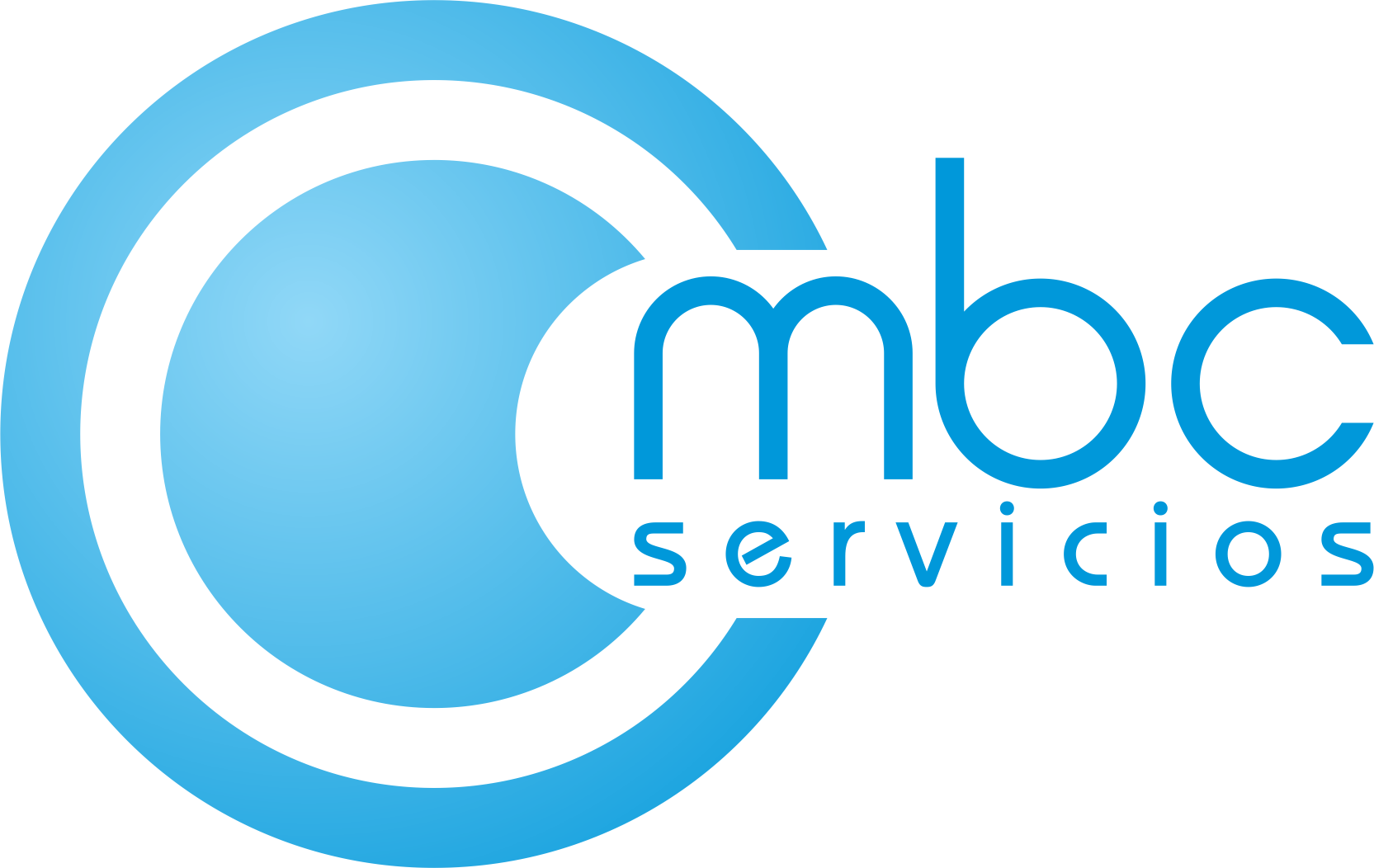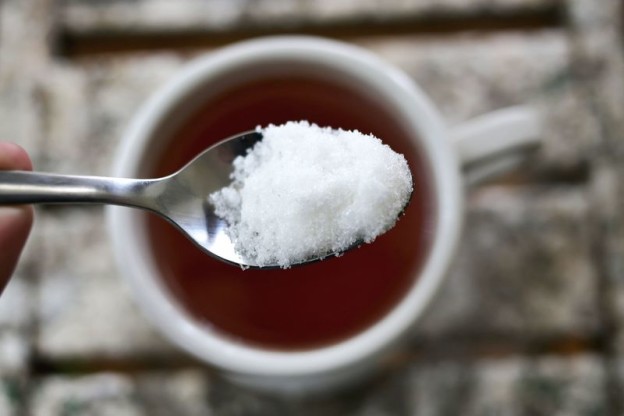Two Things You Should Avoid Before Bariatric Surgery
If you are ready to take the step towards recovering your ideal weight by having made the decision to undergo bariatric surgery, you are ready to follow your physician’s recommendations which will guarantee success with your goal to get healthy and lean again.
Get inspired! You will have to plan out some changes to your daily habits, but you will definitely achieve your goal if you commit.
Undergoing surgery is an important life decision and we want to get your body ready for the new lifestyle you will have after surgery and here at the Mexicali Bariatric Center, we are going to be by your side all the way until your health and weight are back in check!
To achieve your new goal, the best thing to do is to follow the diet your physician will provide you, nevertheless, here’s a heads up for what you really should avoid if not give up right before surgery.
- Caffeine: Caffeine is not only found in coffee. Sodas and tea also have it and it can bring complications to your digestive system after any type of bariatric surgery. Surgery will change the way your digestive system functions and caffeine can lead to undesirable consequences such as dehydration. Even worse yet, it can decrease calcium absorption, putting you at the risk of having osteoporosis and bone fractures.
Make sure you quit caffeine two weeks before surgery as it takes 10-14 days to detox from it. Failing to do so may result in severe headaches after surgery which will make the recovery at the hospital more uncomfortable than it has to be.
Your physician will let you know when and how much caffeine you will be allowed after surgery. Caffeine should be taken only after your body is stable enough and has the adequate hydration.
- Sugar: Sugar is a carbohydrate that provides very little nutrients to your body and, however, can make you easily gain weight and this is, as you know, is just one of the extremely unhealthy consequences sugar may bring to your body.
As a weight loss surgery patient, you have to be careful with where you get your sugar intake. Reading food labels is a simple way to make better choices and prevent diseases such as diabetes.
A low-carb high protein diet is highly recommended before surgery; however, sugar is not a carbohydrate you should build your diet on. Sugar is found naturally in fruits, vegetables, and milk, but added sugar such as corn syrup, dextrose, fructose, fruit juice concentrates, glucose and high-fructose corn syrup are extremely high in calories and, in short, very bad for your health. When planning your low carb diet consider healthy carbs only.
Quitting both sugar and caffeine if you are used to having it daily is not easy and you will most likely experience some side effects like headaches, irritability, lethargy, depression, aches and flu-like symptoms.
The best way to minimize withdrawal symptoms is to quit gradually. It is important to first monitor how much caffeine and sugar you are consuming daily and then plan on being totally free of them in 2 weeks by gradually reducing your intake.
But cheer up the benefits will be many! Your mind will feel more clear and more focused, you will avoid the rollercoaster highs and lows with these substances, you will sleep better, experience less anxiety and many more positive side effects. Our wish is that you feel so much better without them that even after your recovery phase you consume them much more consciously and in lower quantities.

